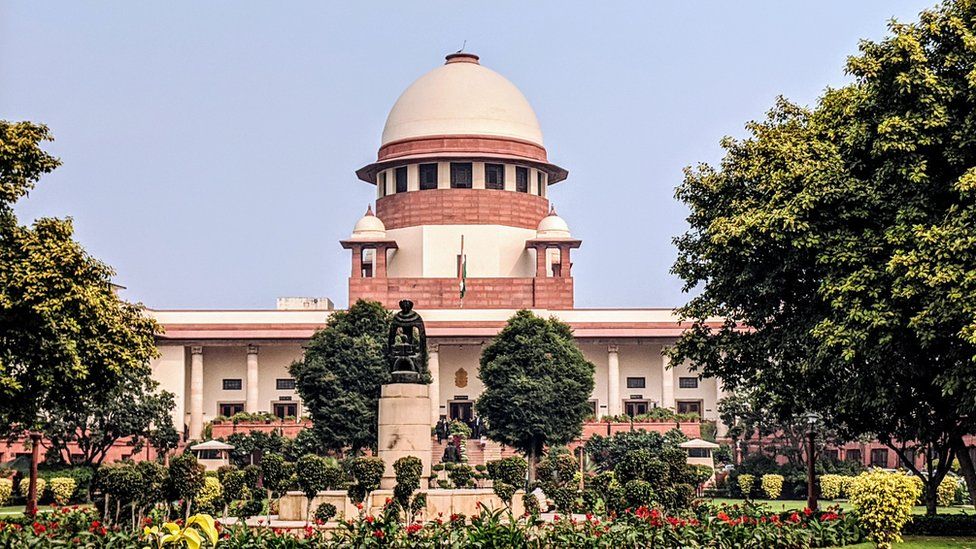
India’s Supreme Court has upheld the validity of a controversial law that allows 10% reservation for poor people in colleges and government jobs.
This is in addition to 49.5% quotas reserved for socially-disadvantaged caste-based groups and tribespeople.
Under the new law, poor people, even from upper castes, will get preference.
Those challenging the law in court had called it “an affront to the constitutional goal of an egalitarian and casteless society”.
India introduced quotas in 1950 in government jobs and educational institutions for those at the lowest rung of the deeply-discriminatory caste hierarchy in an attempt to correct historical injustices and provide a level playing field to the traditionally disadvantaged.
It was originally thought that reservation would expire after 10 years, but over the years, law has been amended to extend the duration of reservations.
In 1989, quotas were extended to include the OBCs (Other Backward Classes), which fall between the traditional upper castes and the lowest.
In January 2019, Prime Minister Narendra Modi’s government amended the law allowing reservation of 10% seats for the poor or Economically Weaker Sections (EWS) where a family’s annual income fell below the taxable limit.
The decision was challenged in the Supreme Court with critics arguing that it was discriminatory as it didn’t allow caste groups already covered by the reservation system and that it went against a 1992 ruling of the top court which had capped quotas at 50%. The new law increases it to 59.5%.
The government had argued that it was their duty to protect the interests of economically weaker sections of society and lift people out of poverty.
On Monday, the court ruled in favour of the law, with three justices of the five-judge bench upholding the government’s 2019 order.
The judges said that reservation on economic basis “does not violate the basic structure or constitution of India” and that it should be treated as “affirmative action” by the government.
Justice S Ravindra Bhat, who was among the two dissenting judges, said the law “undermines the fabric of social justice” since it excluded groups that have been historically marginalised by society.

Read more India stories from the BBC:

